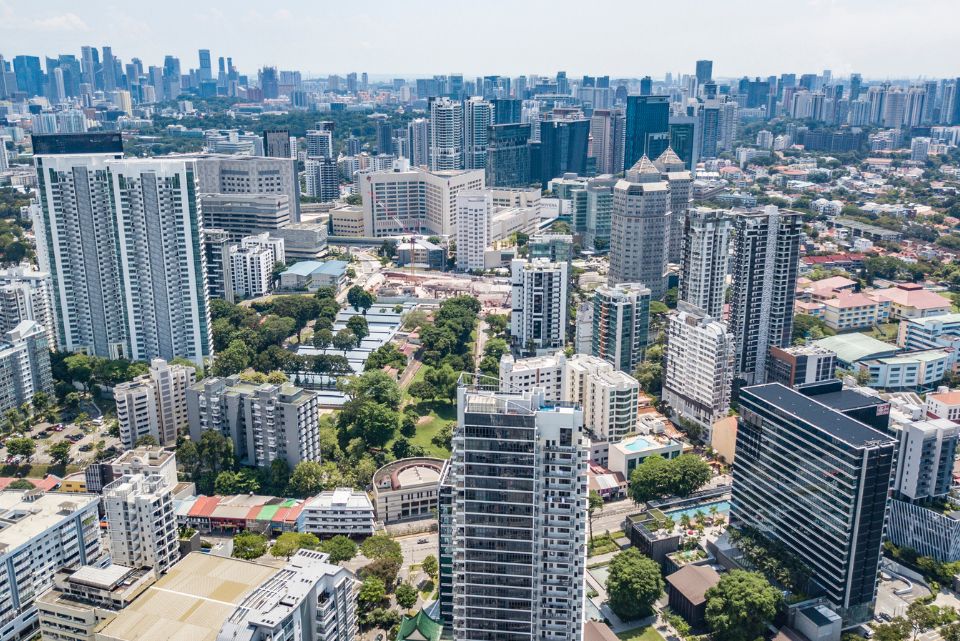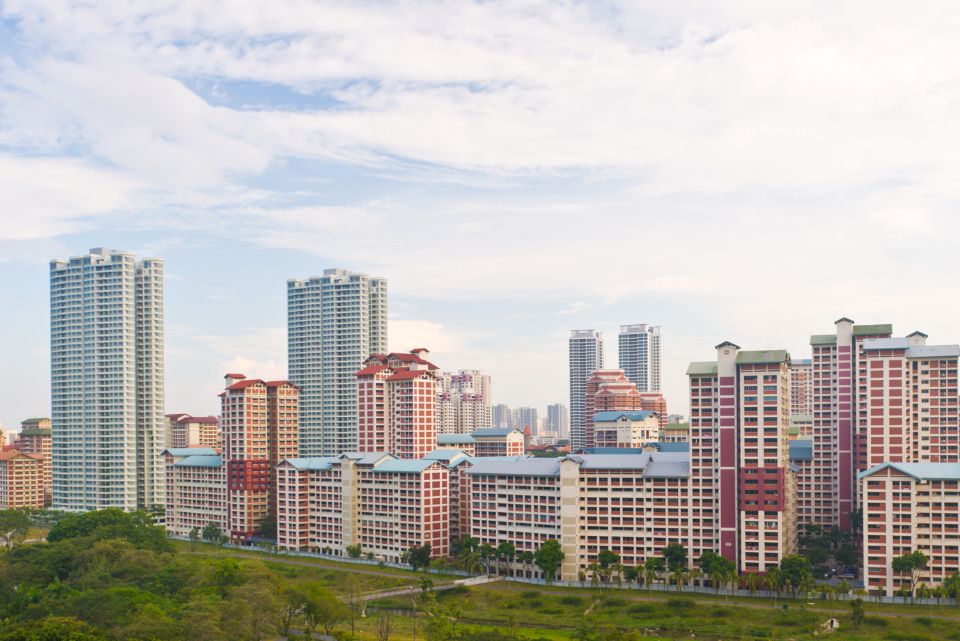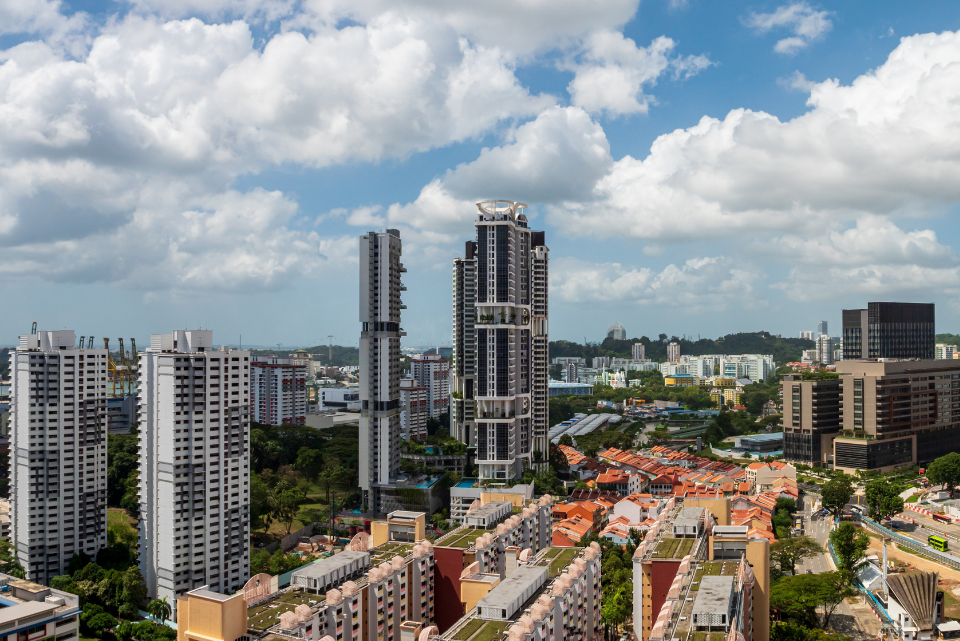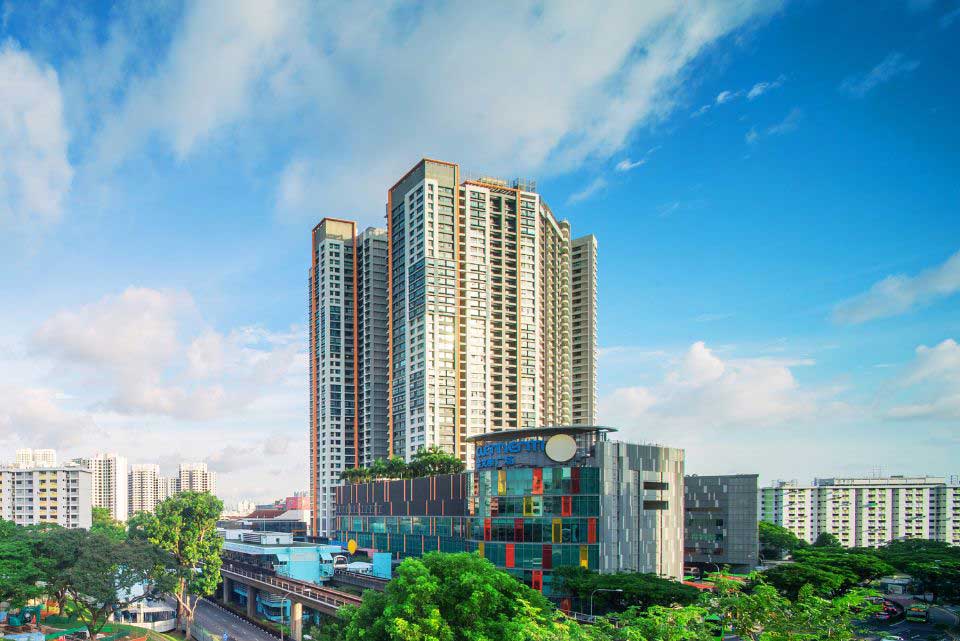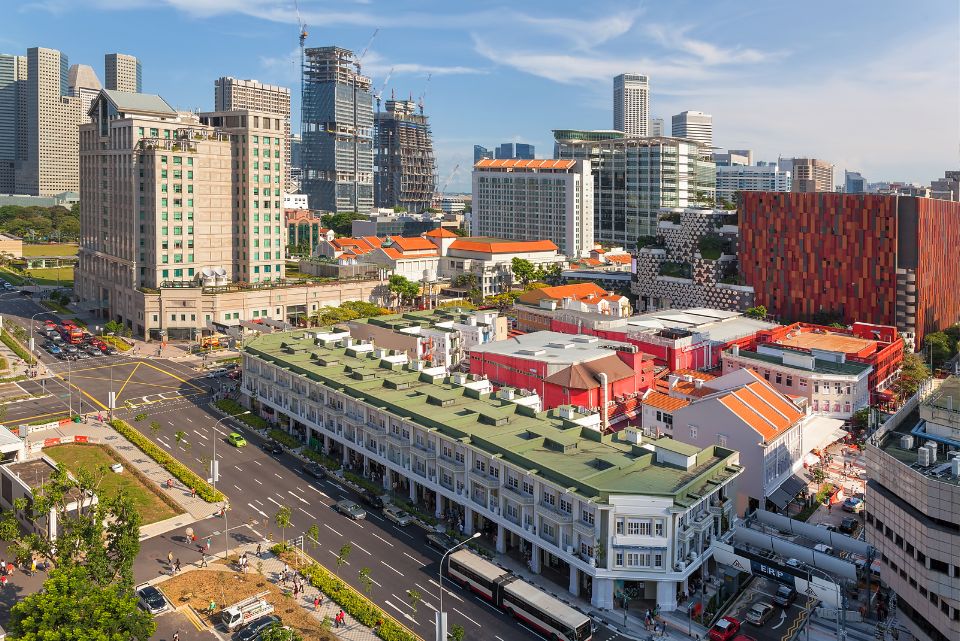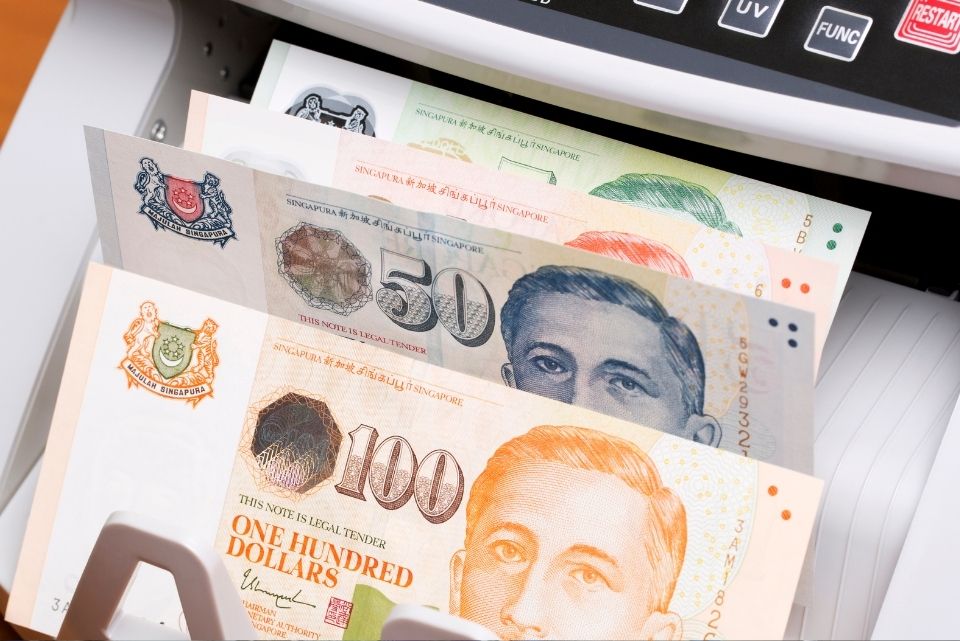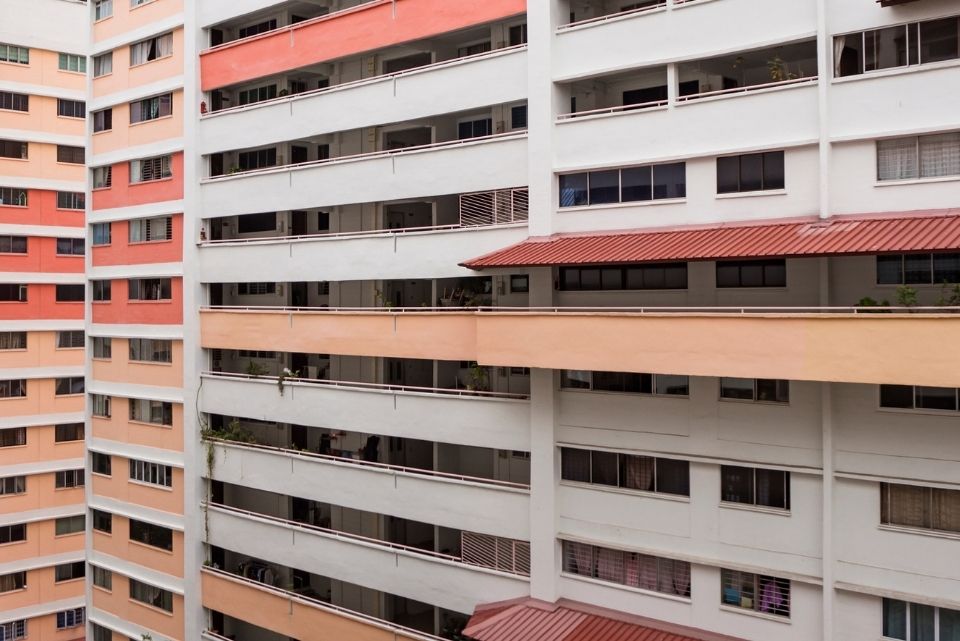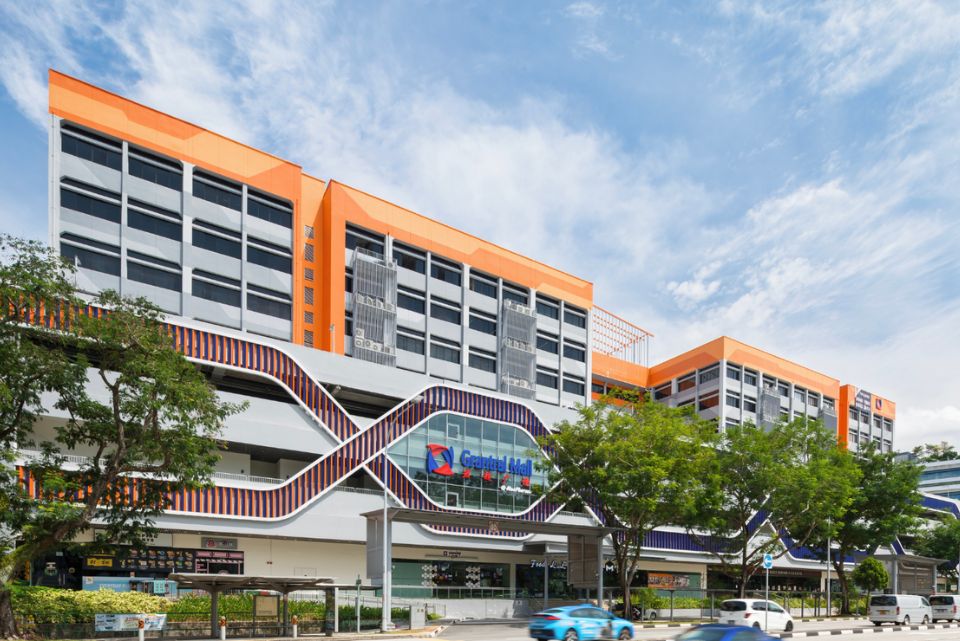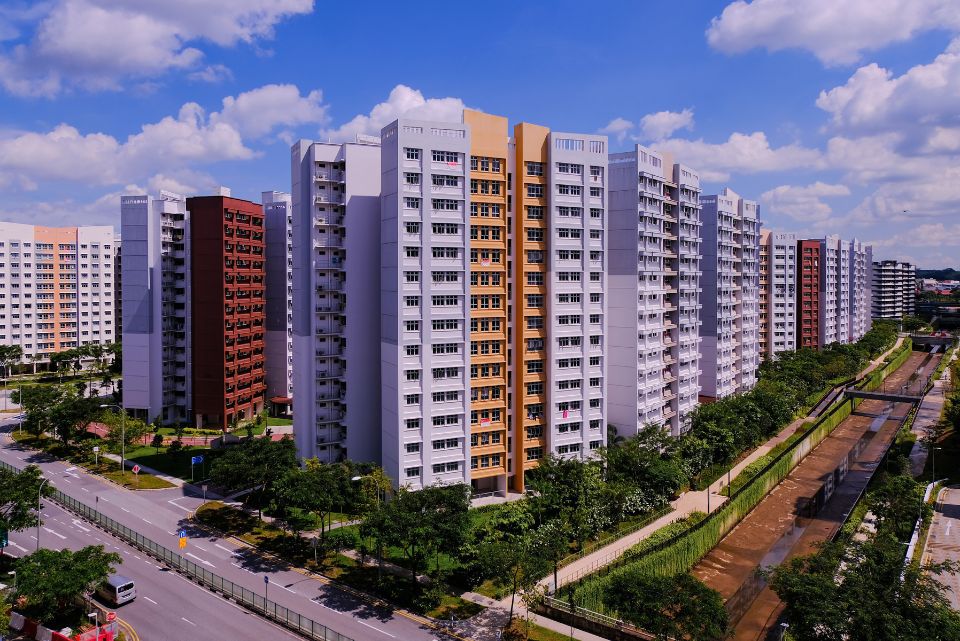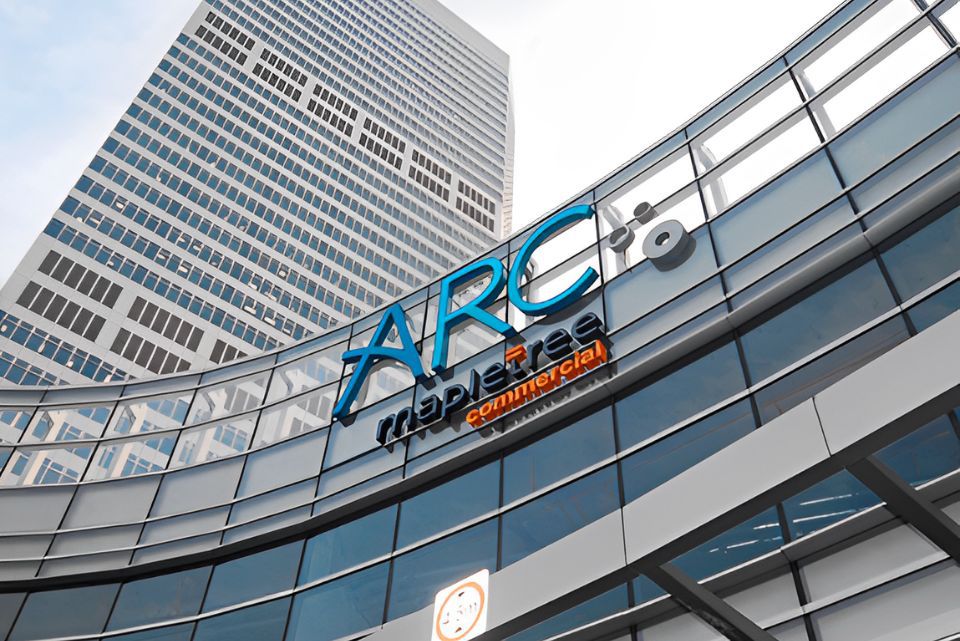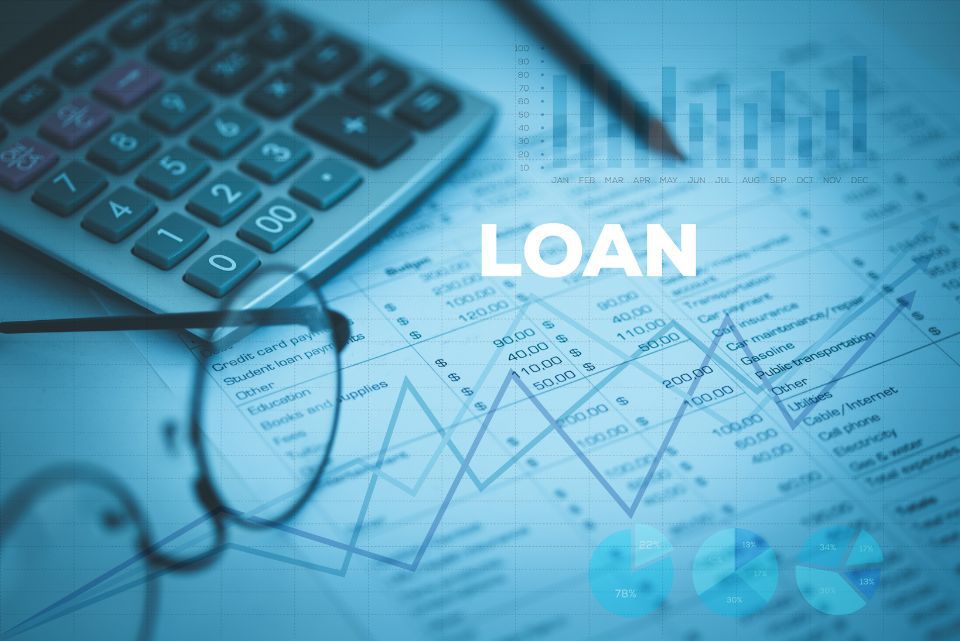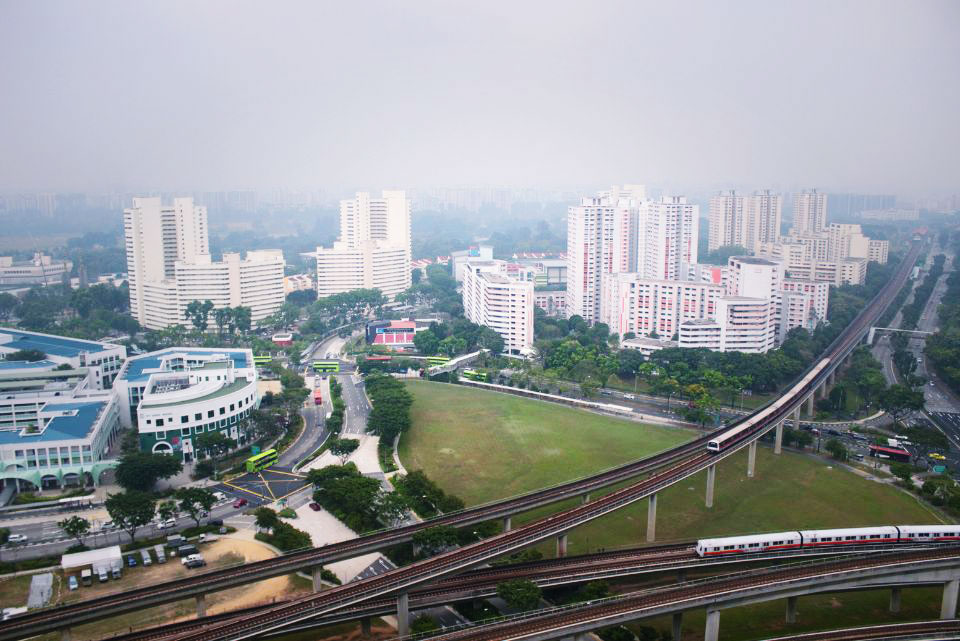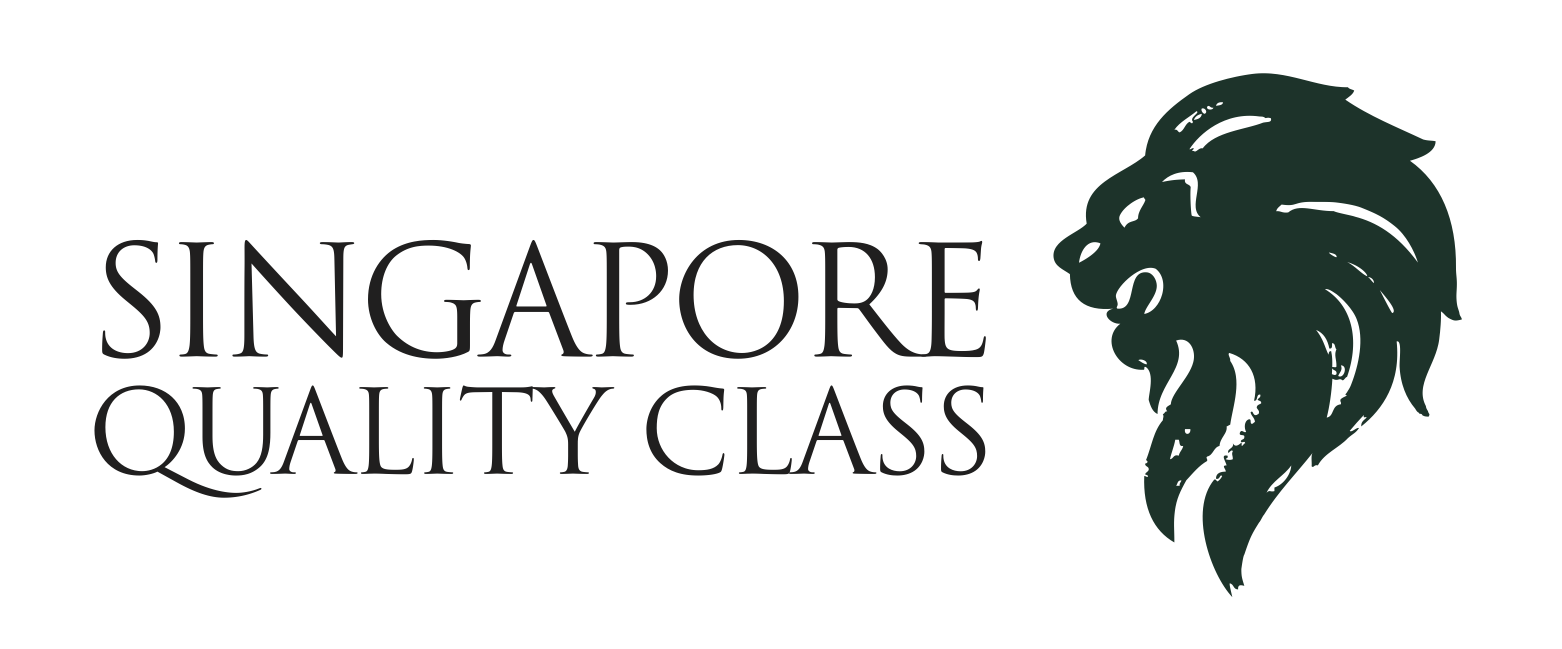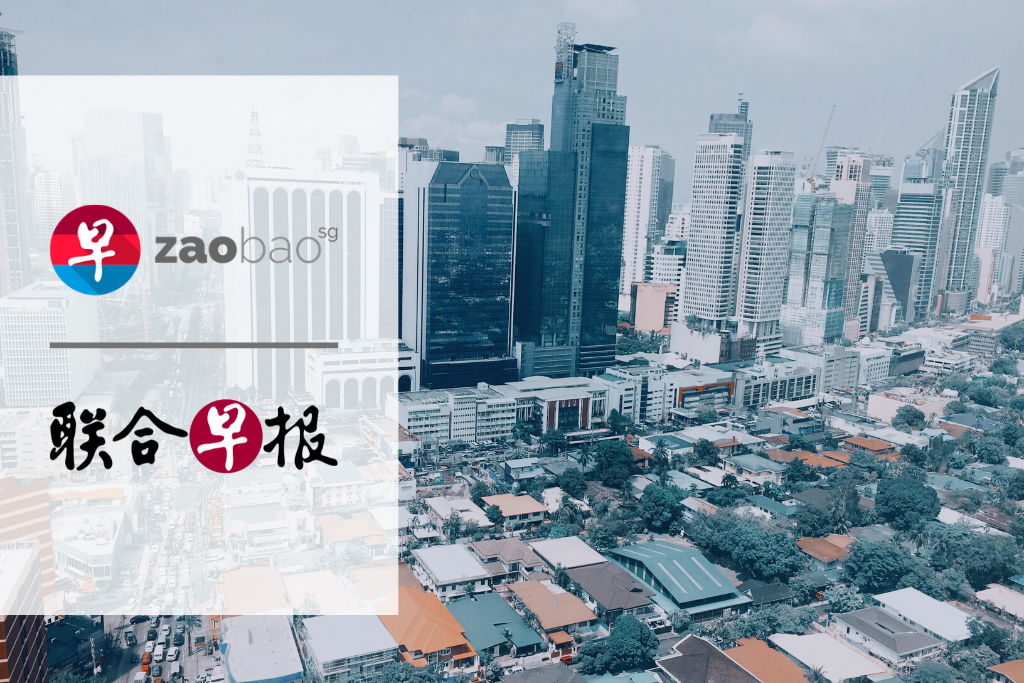
Debt consolidation loans are increasingly used in Singapore to simplify debt management, often offering lower interest rates. However, many applications are rejected by banks. This blog will review the top and specific reasons for these rejections.
Understanding these factors is crucial for individuals and financial advisors to improve application success. We will examine the key financial criteria used by lenders, providing insights to navigate the process effectively.
Top Reasons for Loan Application Rejection in Singapore
Understanding the key reasons for loan application rejections in Singapore is crucial for prospective borrowers to improve their chances of approval.
Low Credit Score/Poor Credit History
A critical factor in loan approvals is the applicant’s credit score and history. This numerical representation of creditworthiness reflects past borrowing and repayment behaviour. Lenders, particularly banks, heavily rely on this metric to assess risk. A history marked by late payments, defaults, or maxed-out credit cards signals a higher risk of default, leading to application rejection. While banks conduct thorough credit score evaluations, licensed moneylenders might adopt a less stringent approach, focusing more on current income and existing obligations.
Unstable Employment/Insufficient Income
Lenders prioritise applicants with stable employment records and consistent income. Individuals with frequent job changes, irregular income sources (like freelance work), or new employment histories are often deemed higher risk. Most banks in Singapore also impose minimum income requirements, such as $30,000 annually for citizens. However, even if this threshold is met, lenders assess the sustainability and regularity of the income stream to ensure long-term repayment capability.
High Debt-to-Income Ratio (DTI)
The debt-to-income ratio (DTI) is a crucial determinant in loan approvals. It indicates the proportion of an applicant’s income already committed to servicing existing debts. In Singapore, the Total Debt Servicing Ratio (TDSR) framework limits total debt obligations to 55% of monthly income. If a new loan, including a debt consolidation loan, would cause the applicant’s TDSR to exceed this threshold, banks will likely reject the application due to the increased risk.
Involvement in Bankruptcy Proceedings
Bankruptcy proceedings, whether current or past, significantly impact loan applications. Bankruptcy severely limits borrowing capacity and indicates profound financial instability. Lenders view a history of bankruptcy as a strong indicator of high risk, making them extremely hesitant to extend further credit.
Too Many Loan Application Attempts
Submitting numerous loan applications within a short period can negatively affect an applicant’s credit score and loan approval chances. Lenders may interpret this behaviour as a sign of financial desperation or instability, increasing the perceived risk. While comparing loan terms is prudent, excessive applications can harm creditworthiness.
Documentation Errors
Accurate and complete documentation is essential for loan applications. Lenders rely on documents such as NRIC, proof of income, bank statements, and tax returns to verify identity, income, and financial status. Even minor discrepancies or missing information can lead to application delays or rejection.
Specific Reasons for Debt Consolidation Loan Application Denial in Singapore: Tailored Criteria
Beyond the general reasons, several specific factors can lead to the denial of debt consolidation loan applications in Singapore, particularly for Debt Consolidation Plans (DCP) offered by banks and financial institutions. These criteria are often more tailored to the unique nature and purpose of debt consolidation.
DCP Ineligibility:
Debt Consolidation Plans (DCPs) in Singapore have specific eligibility criteria. Applicants must meet these requirements, which often include being a Singapore Citizen or Permanent Resident, having an annual income within a specified range (typically S$20,000 to S$120,000), holding unsecured debt exceeding 12 times their monthly income, possessing net personal assets below $2 million, and not having an existing DCP. These criteria, established by the Association of Banks in Singapore (ABS) and regulated by the Monetary Authority of Singapore (MAS), are crucial for DCP approval.
Excluded Debt Types:
DCPs in Singapore are designed primarily for unsecured personal debts. Consequently, certain debt types are excluded from consolidation. These exclusions typically encompass loans granted under joint accounts, renovation loans, education loans, medical loans, and credit facilities for business purposes. Attempting to consolidate these excluded loans will result in application denial.
Requirement for Full Consolidation:
Banks and financial institutions in Singapore generally require applicants to consolidate all their eligible unsecured debts with a single participating institution. This comprehensive approach to debt management is preferred. Applications seeking to consolidate only a portion of eligible debts are likely to be denied.
Debt Amount Discrepancy:
A discrepancy between the requested and actual debt amount can lead to application rejection. If the approved DCP loan amount is insufficient to cover the applicant’s total outstanding unsecured credit facilities, the application may be denied. Applicants must accurately calculate their total outstanding debt to request an appropriate consolidation loan amount, avoiding a shortfall that could result in denial.
The Role of Credit Score and Credit History
A strong credit score and a positive credit history are often the most critical factors in determining the success of a debt consolidation loan application. Lenders view these as reliable indicators of an applicant’s willingness and ability to manage and repay debt obligations.
A credit score serves as a fundamental measure of an applicant’s creditworthiness, reflecting their past behavior in managing and repaying debts. Banks and financial institutions heavily rely on this score to gauge the risk of lending.
A low credit score often indicates a history of financial difficulties, such as late payments, defaults, or even bankruptcy, making the applicant appear as a high-risk borrower. The Credit Bureau Singapore (CBS) plays a crucial role in compiling credit information and assigning credit grades based on the numerical score.
A lower score translates to a worse credit grade and a higher probability of default. Lenders typically prefer applicants with higher credit scores, often looking for scores within the range of 1844 and 2000, which correspond to BB and AA grades and are considered low-risk.
Credit history provides a more detailed account of an applicant’s credit behavior, including active and closed accounts, repayment patterns, and any negative credit events like collections or legal actions.
A history of consistently missing payments or defaulting on debts will significantly reduce the chances of debt consolidation loan approval.
Conversely, even an insufficient credit history, where an applicant has little to no record of borrowing and repayment, can make lenders hesitant, especially banks, as they lack the data to assess the applicant’s creditworthiness.
Credit Score Ranges and Probability of Default in Singapore
| Score Range | Risk Grade | Probability of Default (Min. – Max.) (%) |
| 1911 – 2000 | AA | 0.00% – 0.27% |
| 1844 – 1910 | BB | 0.27% – 0.67% |
| 1825 – 1843 | CC | 0.67% – 0.88% |
| 1813 – 1824 | DD | 0.88% – 1.03% |
| 1782 – 1812 | EE | 1.03% – 1.58% |
| 1755 – 1781 | FF | 1.58% – 2.28% |
| 1724 – 1754 | GG | 2.28% – 3.46% |
| 1000 – 1723 | HH | 3.46% – 100.00% |
Source: Credit Bureau Singapore
Key Factors for Singapore Debt Consolidation Loan Approval
Debt-to-Income and Balance-to-Income Ratios
Lenders prioritise your DTI (total debt vs. income) and BTI (unsecured debt vs. income) to ensure affordability and manage risk. Singapore’s TDSR caps debt at 55% of income, while DCPs often require a BTI above 12.
Income Stability and Sufficiency
Consistent, verifiable income is essential. Lenders assess your employment history and require proof of earnings, typically within a specific annual range. Freelancers and self-employed individuals face stricter documentation requirements.
Credit History and Bankruptcy
Defaults and bankruptcy significantly impact approval. Lenders view these as indicators of financial instability. Undischarged bankruptcy almost always results in rejection, and past bankruptcies can hinder future applications.
Application and Financial Circumstances
Other factors influencing approval include loan amount, application accuracy, bank relationship, property issues (if secured), employment changes, remaining working years, existing credit facilities, and a clear repayment plan.
The Bottom Line
In summary, securing a debt consolidation loan in Singapore requires careful preparation. Lenders thoroughly assess credit, income stability, and adherence to regulations like the TDSR.
For DCPs, specific criteria apply. Past defaults or bankruptcy severely hinder approval. Applicants should focus on improving credit, ensuring stable income, providing accurate applications, and understanding all eligibility requirements to increase their chances of success.
If you’re considering a debt consolidation loan, explore the options offered by Crawfort. They can help you streamline your debts and take a positive step towards financial stability.



